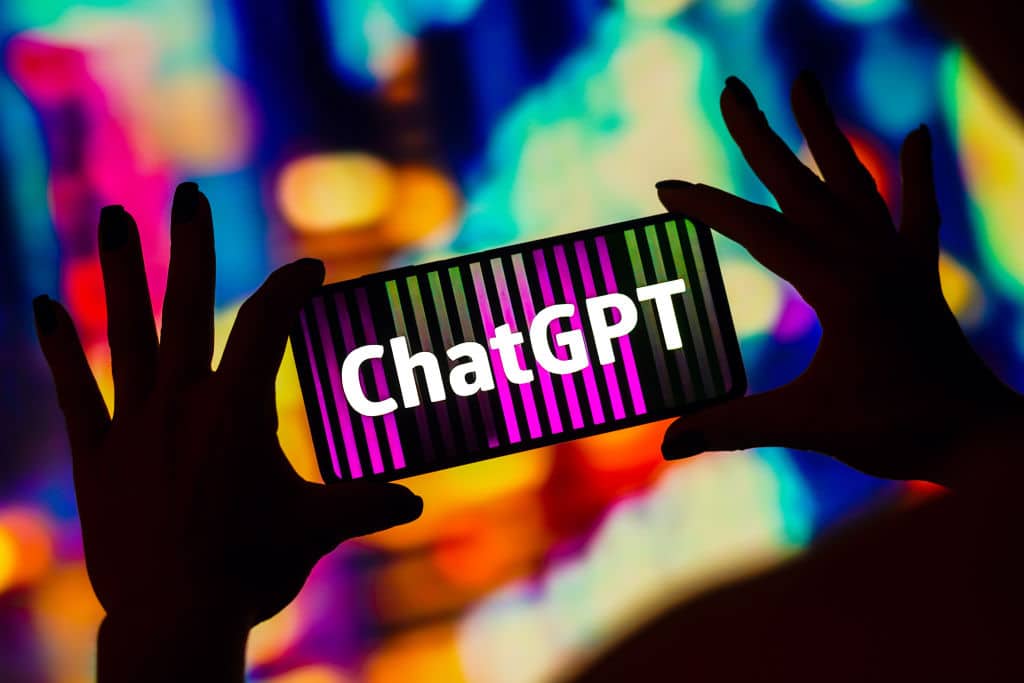ChatGPT, a cutting-edge language model developed by OpenAI, has revolutionized how we interact with technology and access information through artificial intelligence (AI). As an AI-driven conversation agent, ChatGPT has the potential to significantly impact various sectors in Africa, offering opportunities for growth and development. However, ChatGPT also presents unique challenges that we must address to harness its benefits fully.
This article explores the implications of ChatGPT for Africa, focusing on its potential applications in education, healthcare, agriculture, and language preservation, as well as the challenges associated with its adoption.
Before discussing the applications of ChatGPT in Africa, it is crucial first to discuss what ChatGPT can and cannot do. Firstly, ChatGPT, like many AI technologies, depends on existing data. Therefore, it cannot incorporate what does not already exist. For example, it will not recommend medications not yet discovered. Consequently, it would not have invented Einstein’s theory of relativity. However, it can gather and summarize existing information, which may help find new medicines. Despite these,
ChatGPT can be a valuable tool for enhancing education in Africa by providing personalized learning experiences, facilitating access to knowledge, and supporting educators. By offering tailored content based on individual learning needs, ChatGPT can help bridge the gap in educational resources and improve overall learning outcomes. Additionally, it can assist teachers by providing instant feedback on student performance, identifying areas for improvement, and suggesting targeted interventions.
ChatGPT can be crucial in providing medical information and support in Africa, where access to healthcare professionals is often limited. It can serve as a health assistant, offering advice on common health issues, symptom analysis, and self-care tips. This could help reduce the burden on healthcare systems and facilitate timely intervention, particularly in remote or underserved areas. For this to happen, we need to retrain existing and new medical professionals to develop competency in the seamless use of technology in medical care. This, therefore, calls for revising the medical curriculum to incorporate more technology.
Loading...
Another application of ChatGPT is in the area of agriculture. ChatGPT can contribute to developing sustainable agriculture in Africa by providing farmers real-time information on weather patterns, pest control, and crop management. This could help farmers optimize their operations, improve yields, and enhance food security for the continent. This requires farmers to form learning communes where issues of agricultural performance are discussed together to augment existing recommendations of ChatGPT, which is based on existing information.
ChatGPT can be used for language preservation. Africa is home to a rich linguistic diversity, with over 2,000 languages spoken across the continent. ChatGPT can be trained to understand and interact in various African languages, promoting language preservation and cultural heritage. By making technology more accessible and inclusive, ChatGPT can help bridge the digital divide and empower local communities. However, for this to happen, we need to infuse the ethos of AI transfer learning methodology to ensure that all languages are included, irrespective of size.
One of the primary challenges for ChatGPT adoption in Africa is the lack of robust digital infrastructure. Limited access to the internet, unreliable connectivity, and high data costs can hinder the widespread use of ChatGPT and its associated benefits. To fully harness the potential of ChatGPT, investments in digital infrastructure and affordable internet access are essential. However, for this to happen, we need to bridge the digital divide and ensure that telecommunications data and affordable devices are accessible.
The adoption of ChatGPT in Africa also depends on the population’s digital literacy level. Therefore, promoting digital literacy through education and training programs is crucial to ensure people can effectively utilize ChatGPT and other digital technologies.
As with any AI technology, ChatGPT raises concerns about data privacy and security. Therefore, ensuring that ChatGPT complies with data protection regulations and safeguards user privacy is essential to build trust and encourage widespread adoption.
AI models, including ChatGPT, can inadvertently perpetuate biases and stereotypes in the data they are trained on. Addressing these biases and ensuring that ChatGPT’s interactions are culturally sensitive and contextually appropriate is crucial for its successful implementation in Africa.
ChatGPT has the potential to significantly impact various sectors in Africa, offering opportunities for growth and development. By harnessing its potential in education, healthcare, agriculture, and language preservation, Africa can benefit from the advancements in AI technology. However, addressing challenges related to digital infrastructure, digital literacy, data privacy, and ethical considerations is crucial for successfully adopting ChatGPT on the continent through collaborative efforts from governments, the private sector, and African civil society.
– The writer is a Rector of the United Nations University (UNU) Rector based in Tokyo, Japan. UNU has campuses in Ghana, Japan, China, Malaysia, Finland, Germany, Holland, Portugal, Belgium, Venezuela, Canada and the US.
Loading...
